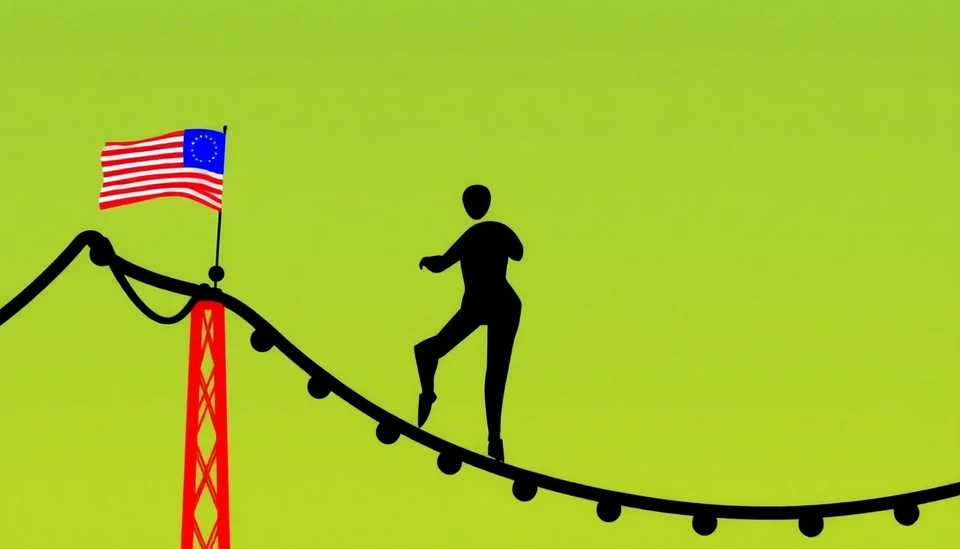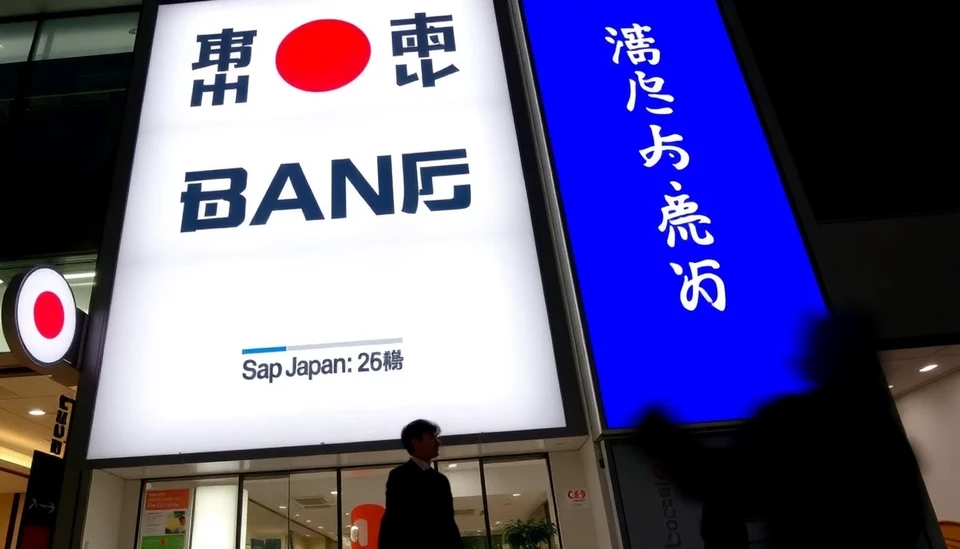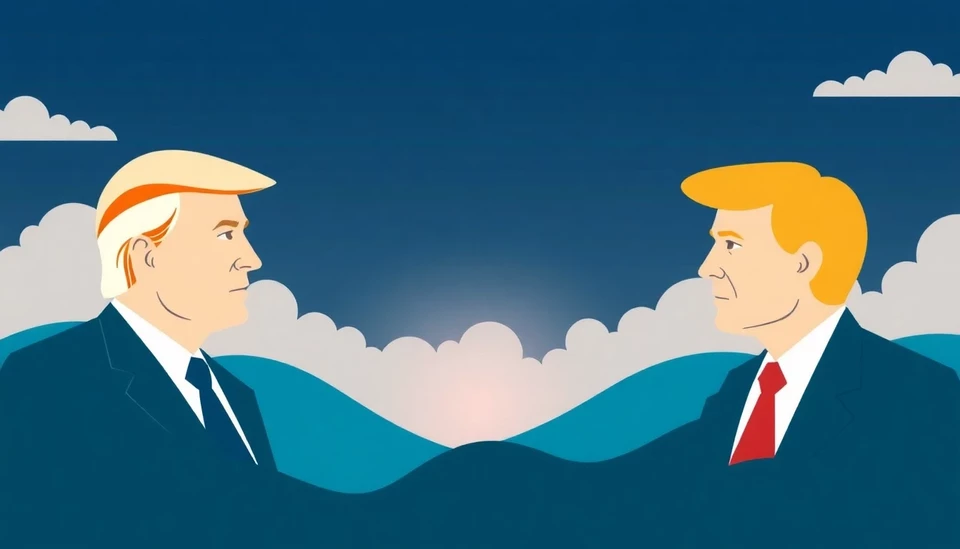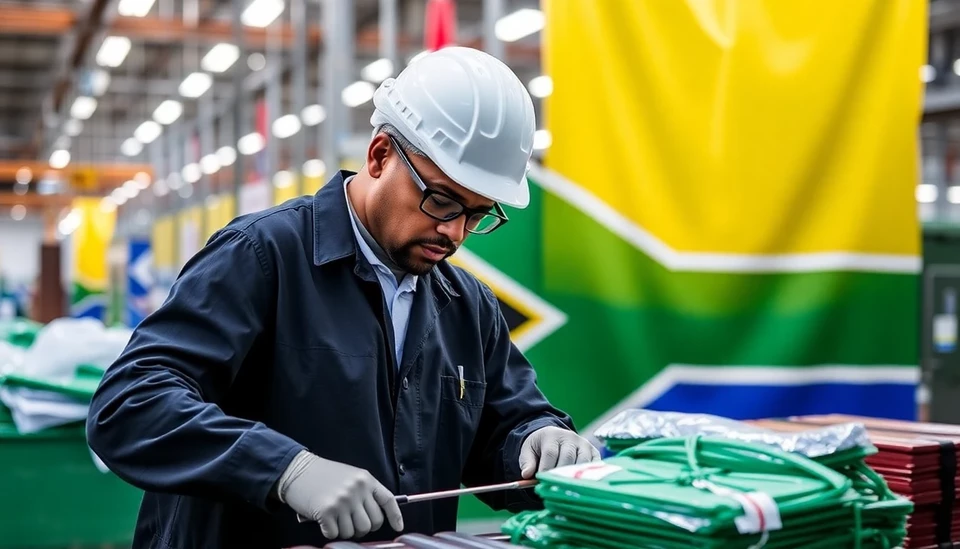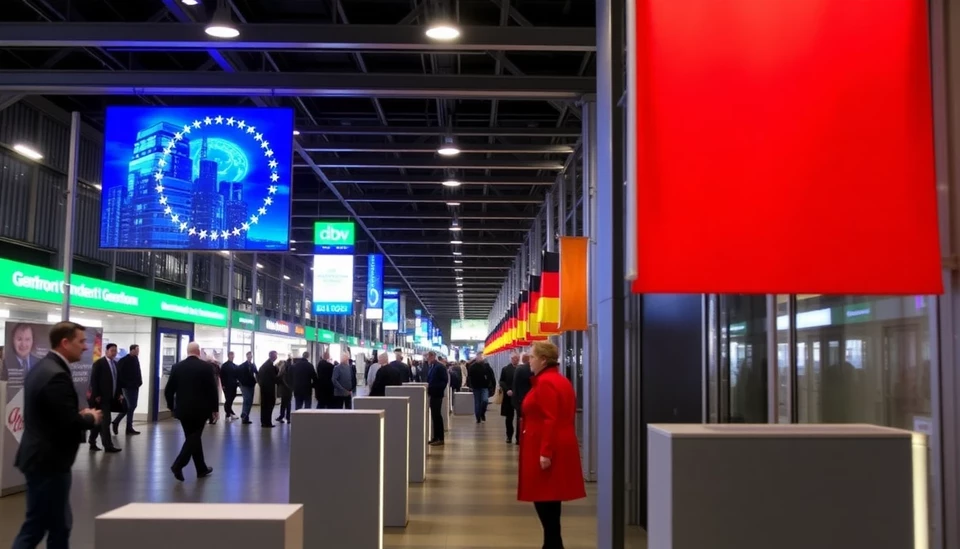
In a notable shift, a recent survey indicates that American businesses are retreating from planned spending initiatives, influenced by the looming uncertainties surrounding tariffs and the potential impacts of proposed tax cuts. This hesitance highlights the challenges that corporate leaders face as they navigate a complex economic landscape marked by unpredictable governmental policies.
The data revealed through the latest business sentiment survey shows that a significant number of executives are adopting a wait-and-see approach. Specifically, concerns about rising tariffs on imported goods are causing companies to reevaluate their investment strategies and capital expenditures. Businesses that have historically relied on a predictable regulatory environment are now grappling with the implications of these trade policies, which could lead to increased costs and supply chain disruptions.
In addition to tariffs, the ongoing discussions around significant changes in tax legislation have further exacerbated this cautious stance. Executives are uncertain about how potential tax cuts could affect their operational models while also weighing the benefits of immediate investments against the backdrop of changing fiscal policies. The combination of these two factors is creating a palpable sense of angst within the business community, resulting in a notable pullback on spending. Many executives express a desire to preserve cash reserves in anticipation of how these national economic policies might unfold in the coming months.
This trend is especially pronounced in sectors that are highly sensitive to trade policies, such as manufacturing and retail. Leaders in these industries have reported scaling back on planned capital outlays, choosing instead to focus on efficiency and cost-cutting measures. Some companies are delaying major projects, opting to wait until there is more clarity regarding tariff adherence and the effects of potential tax changes on their financial forecasts. Those in the technology sector, however, seem to be maintaining a more optimistic growth trajectory, although they too harbor concerns about international trade dynamics.
As this complex economic drama unfolds, market analysts are keeping a close watch on corporate spending patterns. The trends observed may indicate broader implications for the overall U.S. economy, as business investment is a critical driver for growth. Should this cautious attitude persist, it could dampen economic momentum and consumer confidence, potentially creating ripples that affect various sectors across the economy.
In summary, the current climate is prompting American businesses to hit the brakes on spending. With uncertainties looming over tariffs and potential tax reforms, the wait-and-see approach could define corporate strategies in the near term, presenting challenges for growth in the business sector.
As we look ahead, it remains to be seen how these developments will unfold and influence future economic landscapes. Key indicators will be observed closely, and the resilience of businesses as they adapt to these changes will play a crucial role in shaping the U.S. economy moving forward.
#BusinessSentiment #USEconomy #Tariffs #TaxCuts #CorporateInvestment #EconomicUncertainty
Author: Rachel Greene
